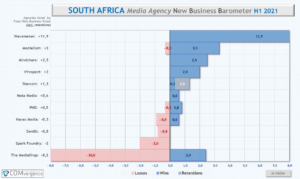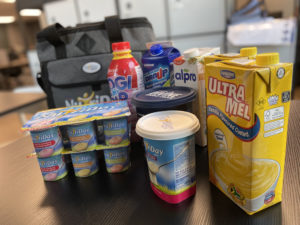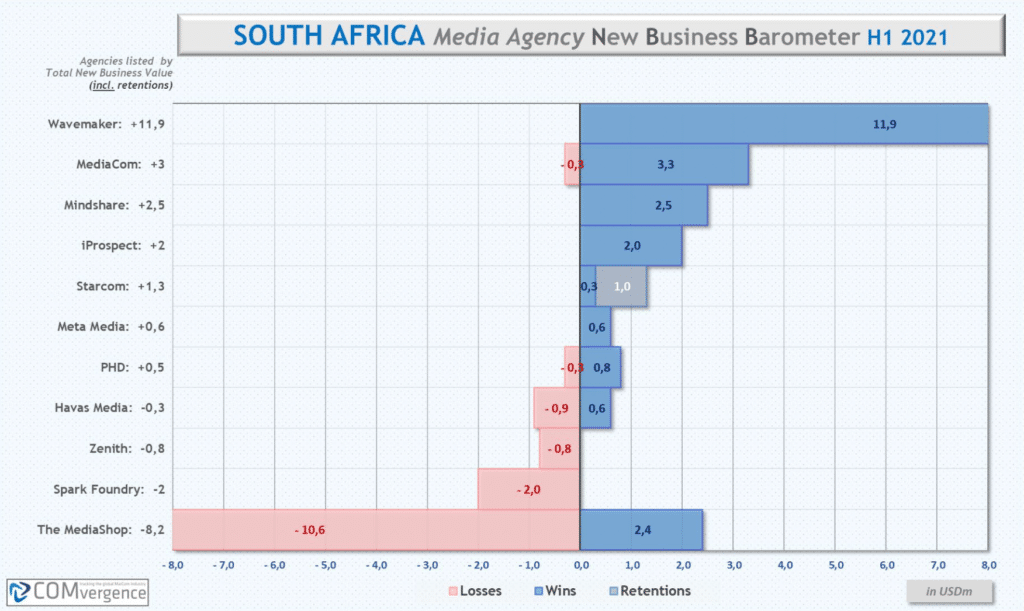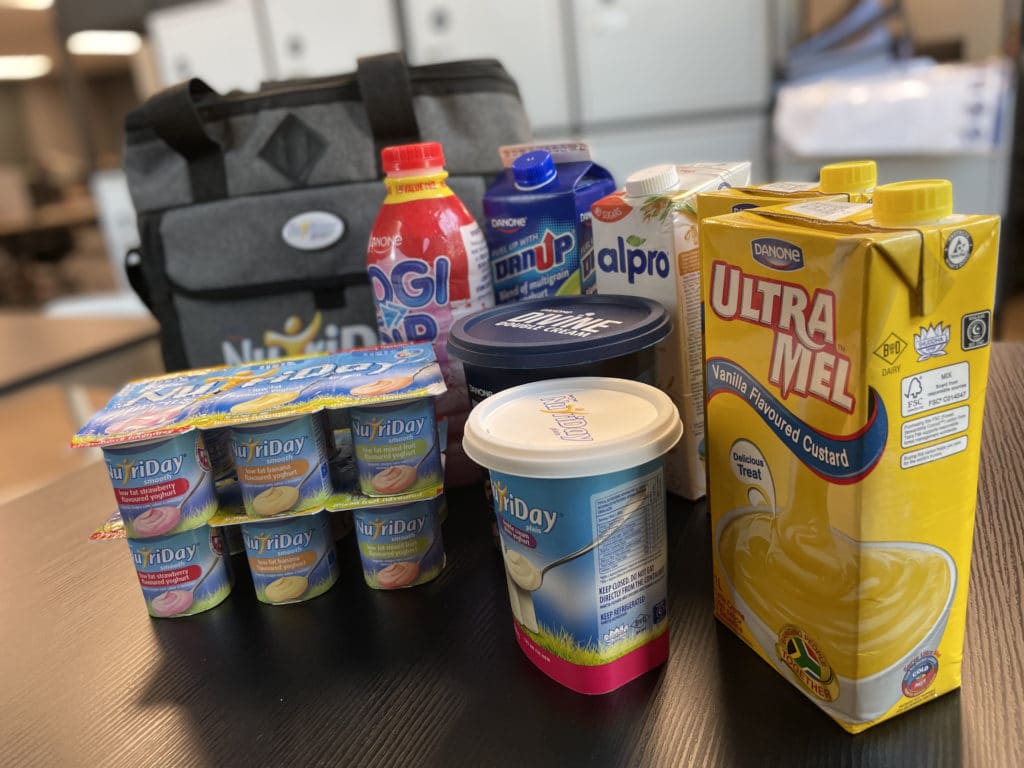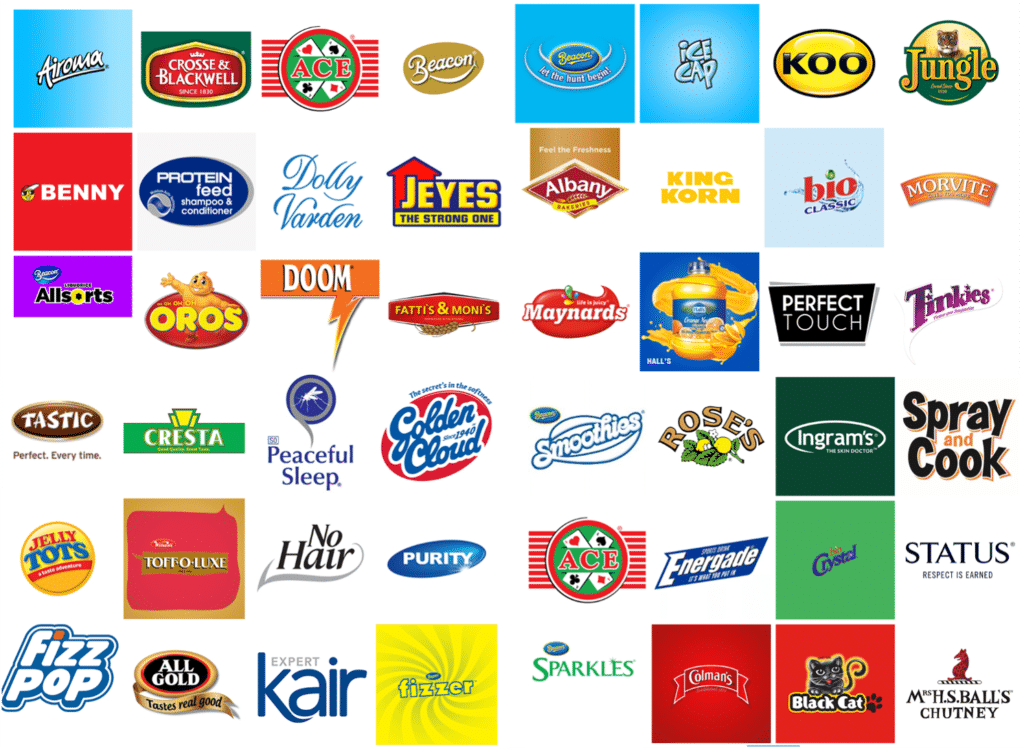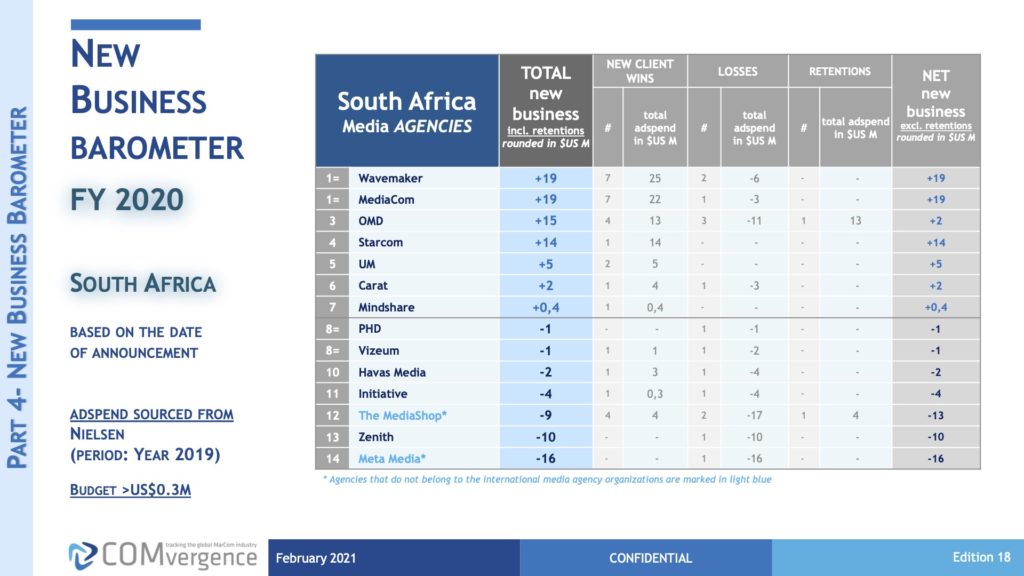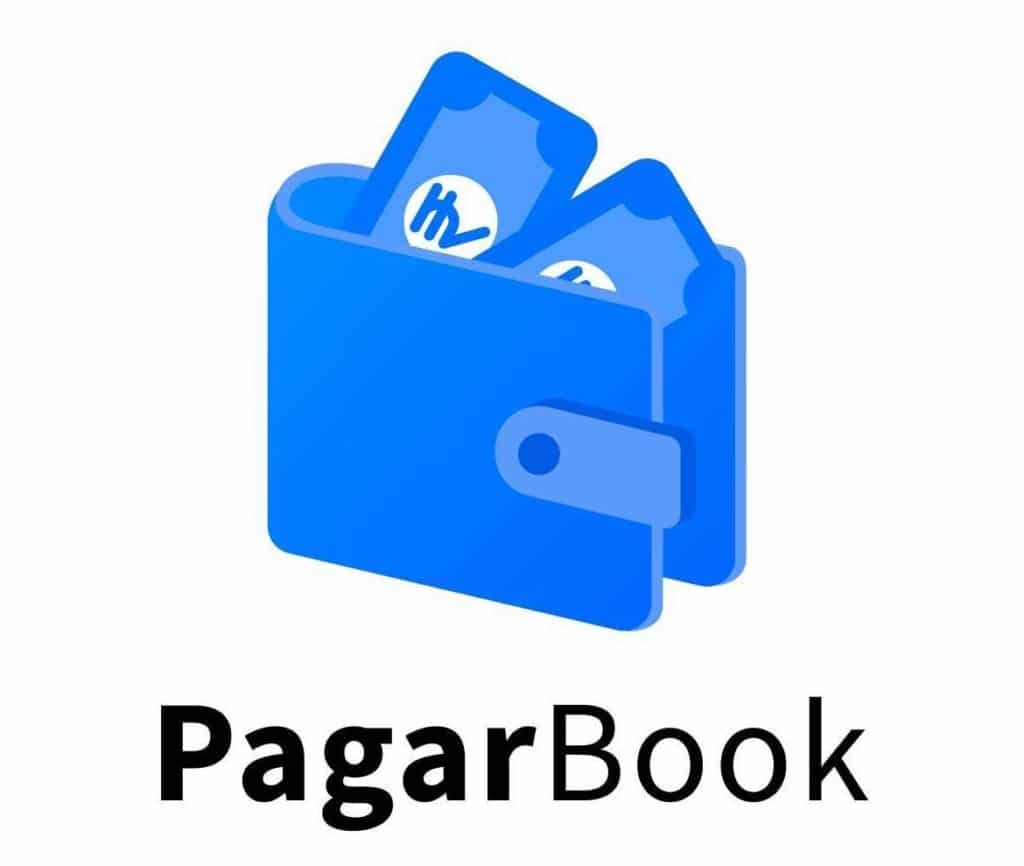The Provocateur: Brands will need to keep pace with a green recovery
While there is still a long way to go, the roll-out of COVID vaccines across the world means we can start thinking about the economic recovery that will follow, and what it might look like.
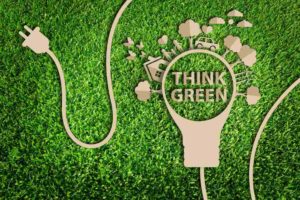 Less flying, less commuting, more shopping local, more forensic recycling – all the time spent at home has caused introspection about the impact we are having on both our local communities and the planet. A study by Kantar confirmed that sustainability is more of a concern for consumers than before the outbreak.
Less flying, less commuting, more shopping local, more forensic recycling – all the time spent at home has caused introspection about the impact we are having on both our local communities and the planet. A study by Kantar confirmed that sustainability is more of a concern for consumers than before the outbreak.
Coupled with a new administration in the White House that has recommitted to the Paris Climate Accord, it seems certain that the global recovery will have a green agenda.
For this reason, successful brands will be those that enable people to make sustainable choices easily and affordably. There is a lot of work still to be done here to reach the tipping point of mass adoption.
Sustainability has always come at a premium (£85 for a Patagonia t-shirt or £170 for a pair of Adidas Parley sneakers, each made from 11 plastic bottles retrieved from the ocean, are beyond the reach of most) but even for more everyday purchases, more sustainable choices still carry a premium – the Dept of Agriculture estimates the organic premium in the US varies from 7% for spinach to 82% for eggs. A simple search on grocery sites reveals that Ecover laundry liquid is around 30% more expensive per litre than Persil.
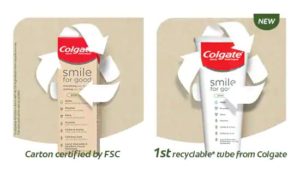
Recent product launches like Dove’s first-ever refillable deodorant or Colgate’s recyclable toothpaste tube technology (which they have actively shared with competitors), are big steps towards the democratisation of more sustainable options so long as the retail price allows. Ditto innovative partnerships like Danone and Full Harvest that rescues imperfect produce that would otherwise end up in landfill to produce the first yoghurt made from 100% ‘ugly fruit’
There is a less talked-about sustainability impact from the on-demand economy which has advanced five years in the past 12 months – the ease and simplicity of ordering individual items from Amazon Prime or Alibaba as and when you realise they have run out. This has both packaging and carbon implications, so digital platforms have a greater role to play in helping consumers understand the impact of their shopping behaviour. It would be refreshing to see an option where search results are returned based on which brands and delivery methods are the most sustainable.
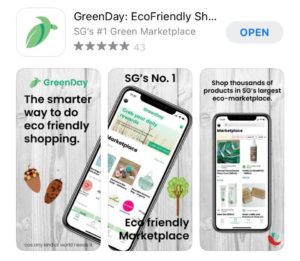 Online grocers such as Ocado and dry cleaning apps like I Hate Ironing automatically highlight more eco-friendly delivery slots based on when they will already be in your area. A Singapore-based aggregator of brands, Green Day is an eco-marketplace that brings together sustainable clothing, homewares, cosmetics and foods brands. But shoppers still need to put in the work to find these options, as we’re not yet at the tipping point of mass adoption.
Online grocers such as Ocado and dry cleaning apps like I Hate Ironing automatically highlight more eco-friendly delivery slots based on when they will already be in your area. A Singapore-based aggregator of brands, Green Day is an eco-marketplace that brings together sustainable clothing, homewares, cosmetics and foods brands. But shoppers still need to put in the work to find these options, as we’re not yet at the tipping point of mass adoption.
Like all transformation, the challenge for brand owners is pivoting from a legacy business model to a new one while continuing to deliver shareholder return. In the case of sustainability, new consumer attitudes in the wake of COVID-19 are accelerating the demand for change, making progress in this area now a fundamental shareholder requirement.
At Wavemaker we have invented one way to help our customers make a more sustainable choice – a new technology that allows advertisers to measure and offset the carbon emissions associated with their advertising campaigns.
For us, as for all brands, this is just the start. COVID-19 created a literal ‘pause for thought’, a space for us all to consider the impact of our individual choices on the planet. As the world slowly emerges from the pandemic, the result may be a greener recovery and with it an expectation that the brands we choose will help us to make our good intentions a reality.
Alastair Bannerman, President, Global Clients


